None of John Hughes’s films are quite as iconic as 1985’s The Breakfast Club. Emilio Estevez, Judd Nelson, Molly Ringwald, Ally Sheedy and Anthony Michael Hall play the teenage archetypes we know so well – the athlete, the rebel, the rich girl, the outcast and the dweeb. But, what makes the movie have such a lasting legacy is how Hughes managed to humanize and deconstruct these teen tropes and make them timeless. In this episode of John Hughes Revisited, we look back at the movie’s legacy and explore what’s made it stand the test of time.
In many ways, The Breakfast Club is an art film. Indeed, the idea of doing a conversation-based teen movie in the 1980s was a novel approach. When you think back to the teen movies of the era, most of them were silly or built around a certain “jiggle” factor. Pretty much the only teen movie taken seriously at the time was Fast Times at Ridgemont High, and even Hughes’ first teen flick, Sixteen Candles, was meant to be a silly good time, even if it was more reflective than most. The Breakfast Club changed the genre, and, to this day, it’s the only teen movie of the era to have earned a place in The Criterion Collection, and it’s seen as one of the best films of the eighties by most.
Do you think The Breakfast Club (1985) holds up? Let us know in the comments! This episode of John Hughes Revisited is written, narrated and edited by Matthew Hacienda. Chris Bumbray and Adam Walton produce, and Berge Garabedian is the executive producer. Watch other episodes below!







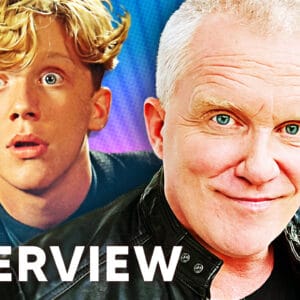
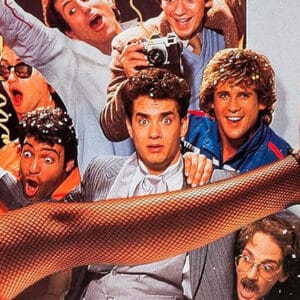
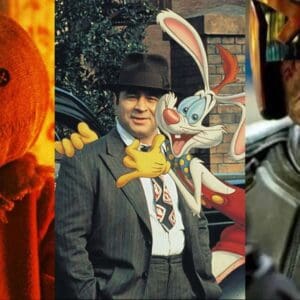
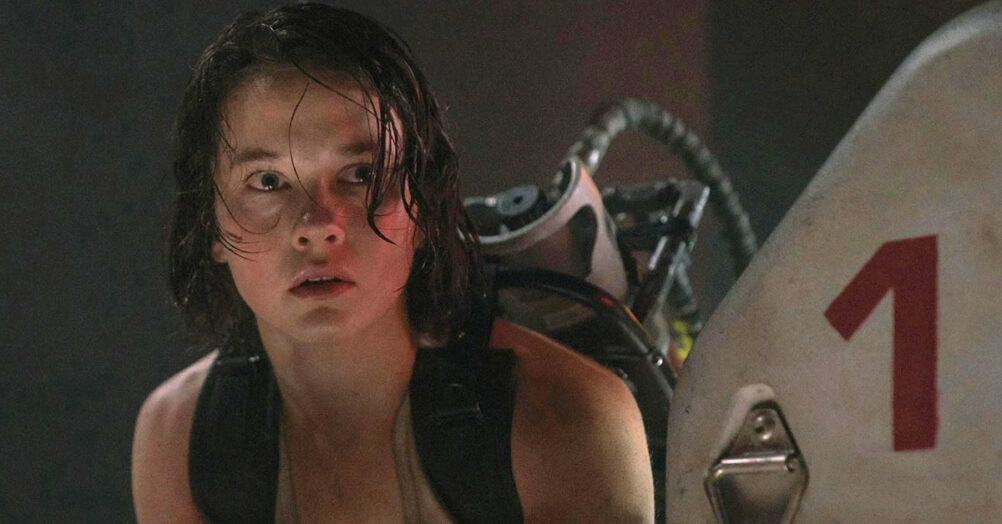


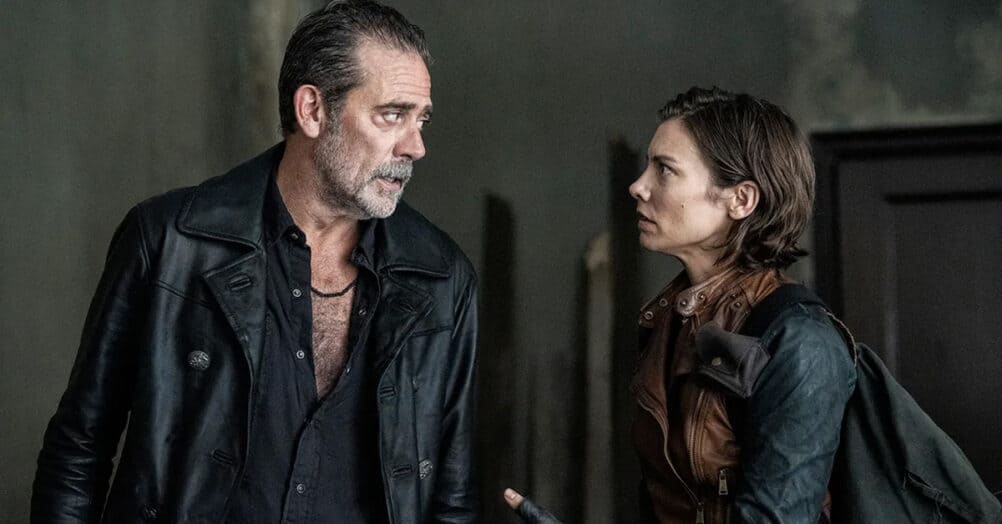
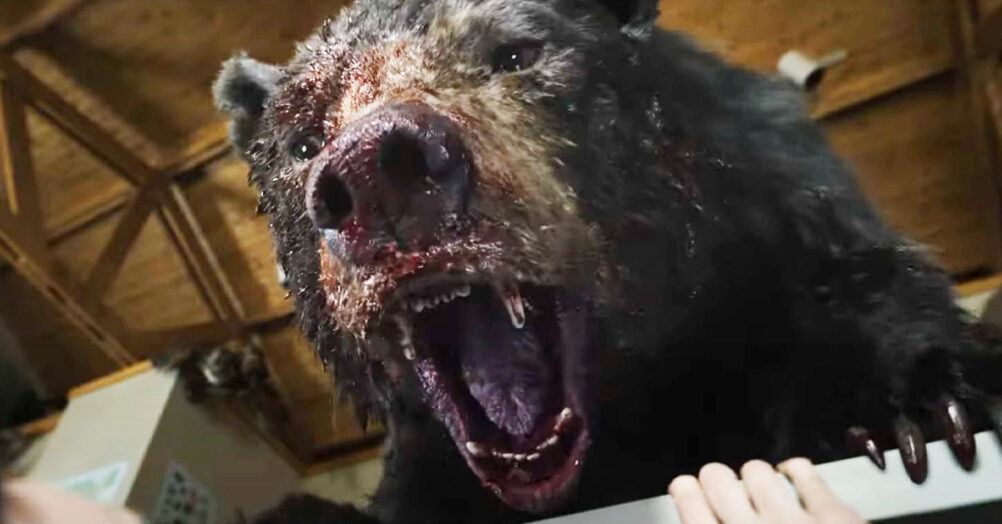




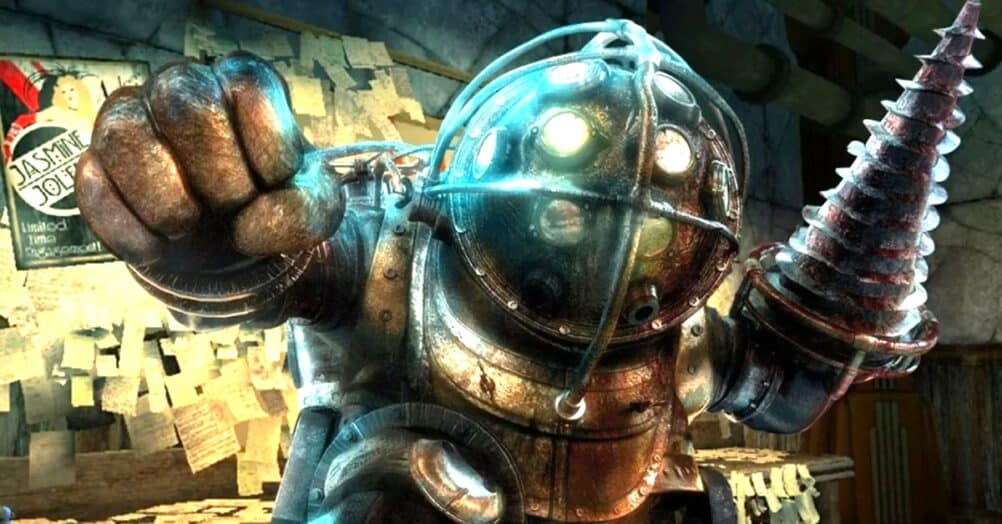
Follow the JOBLO MOVIE NETWORK
Follow us on YOUTUBE
Follow ARROW IN THE HEAD
Follow AITH on YOUTUBE